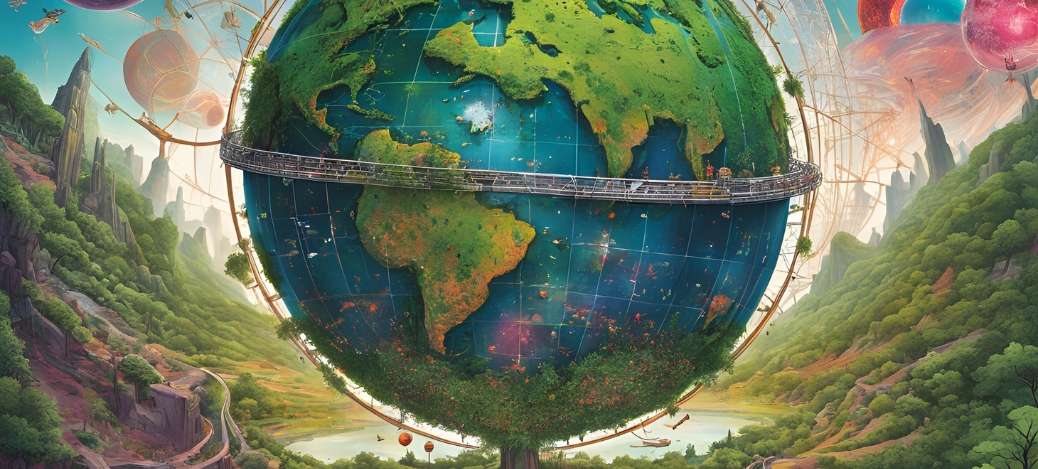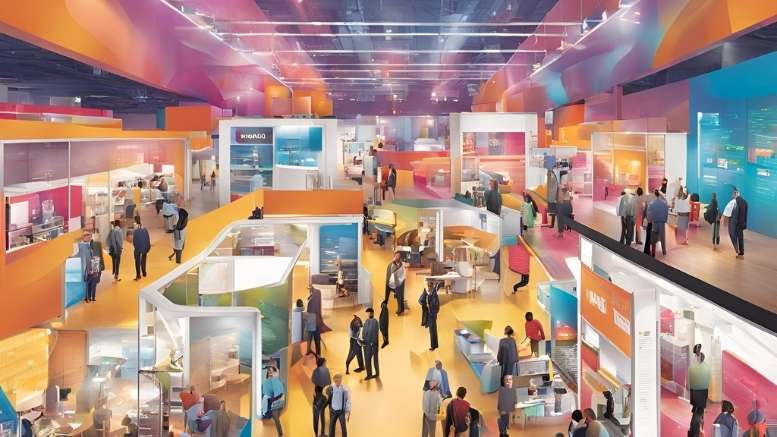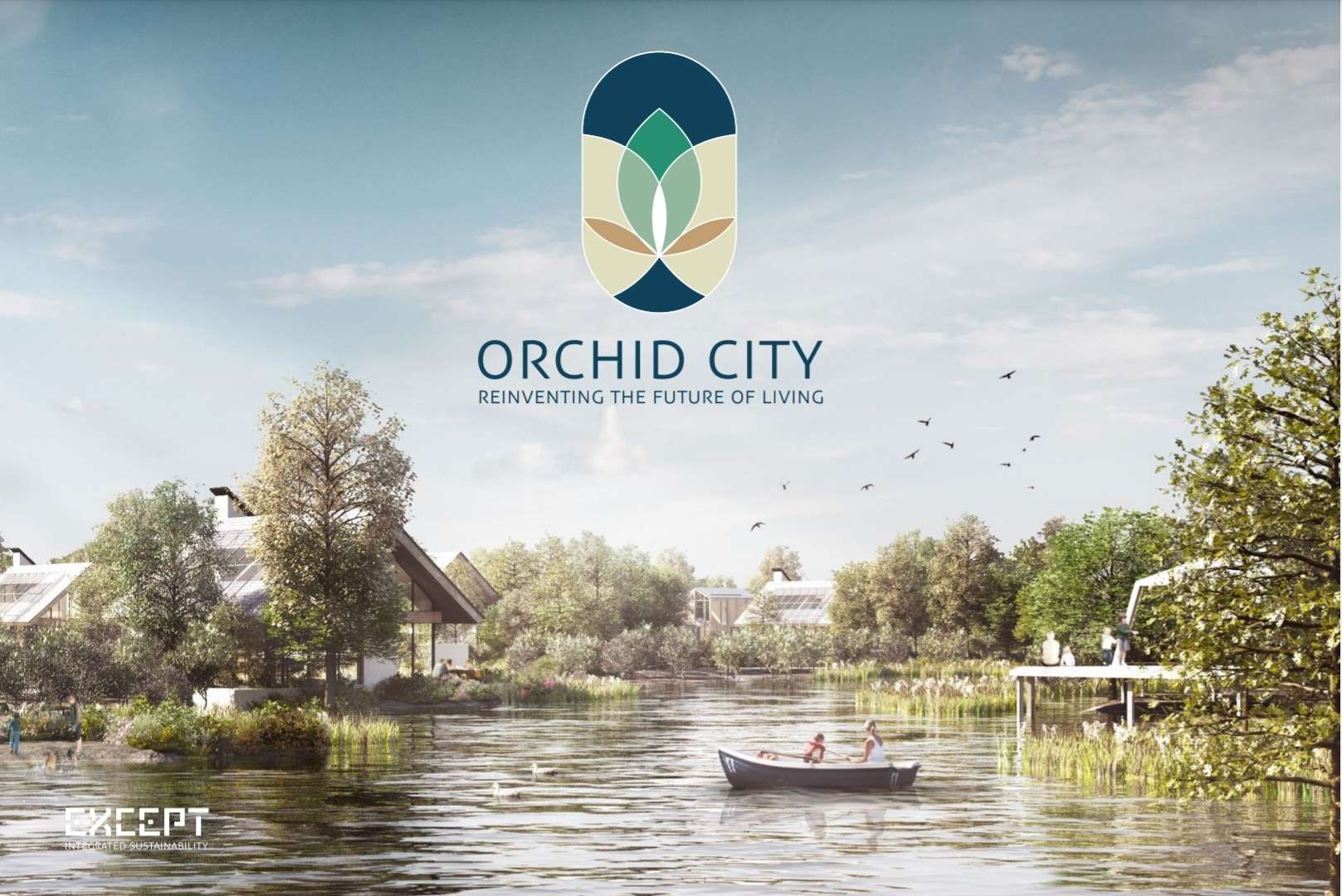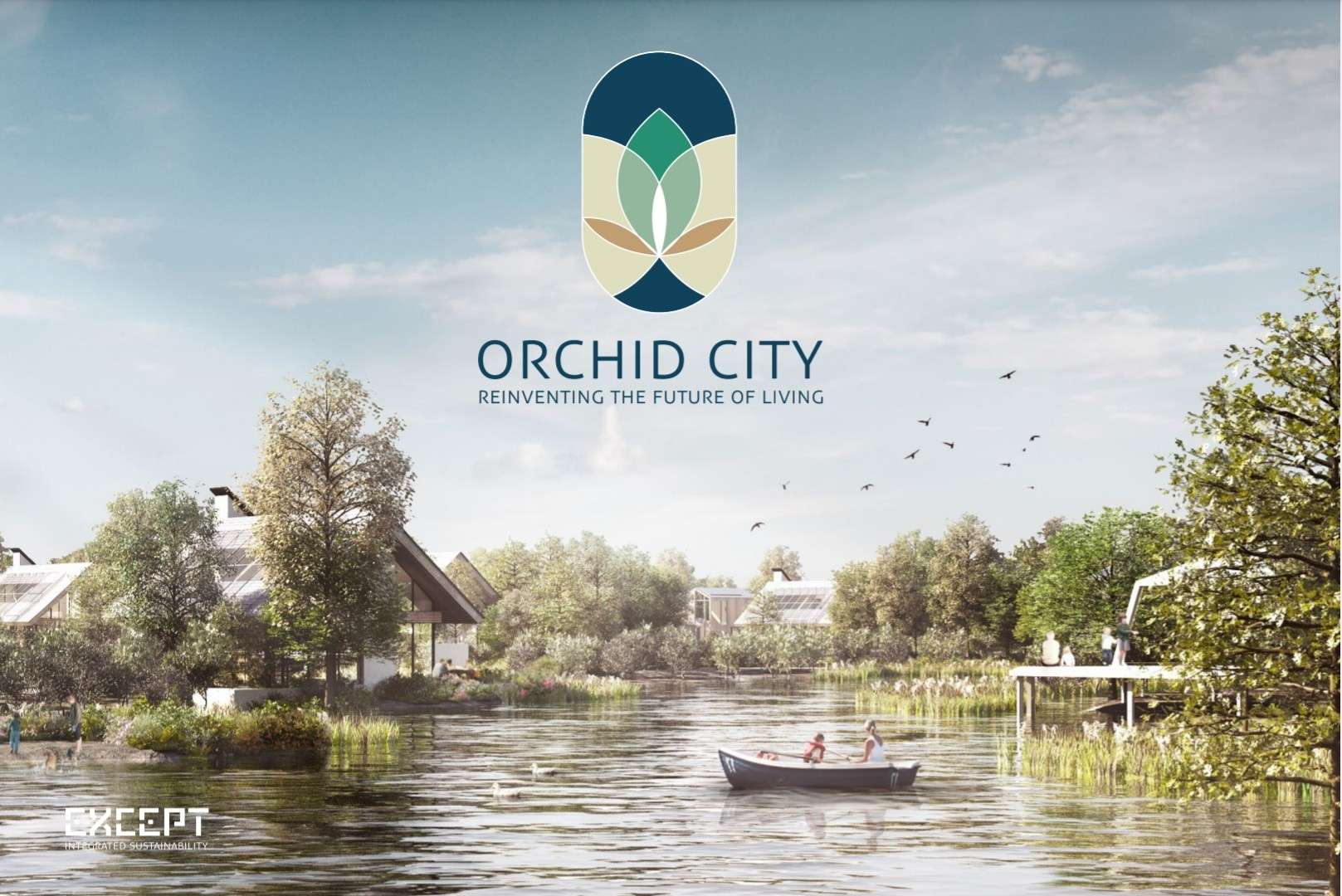FOOD
How to feed the world without killing the planet

Adam Dorr, Director of Research at RethinkX and co-author of Brighter, offers an incredible opportunity to explore how exponential technologies like precision fermentation and cellular agriculture can feed the world without destroying ecosystems.
Dorr’s research is foundational in showing how food, energy, transportation, and materials are entering a decade of disruption and reinvention. This conversation with Dorr, Nadun Hennayaka and Simon Burt spotlights systemic solutions for a livable, just, and regenerative future.
Right now, our food production systems are primarily run by multinational corporations, foods filled with pesticides and antibiotics. This, combined with constant extraction and exploitation is creating a sick society. During this conversation, we will discuss how new and improved community owned, produced and distributed systems can enable a healthier coexistence without killing the planet.
FOOD
Understanding a life cycle assessment of plant and animal-based meats
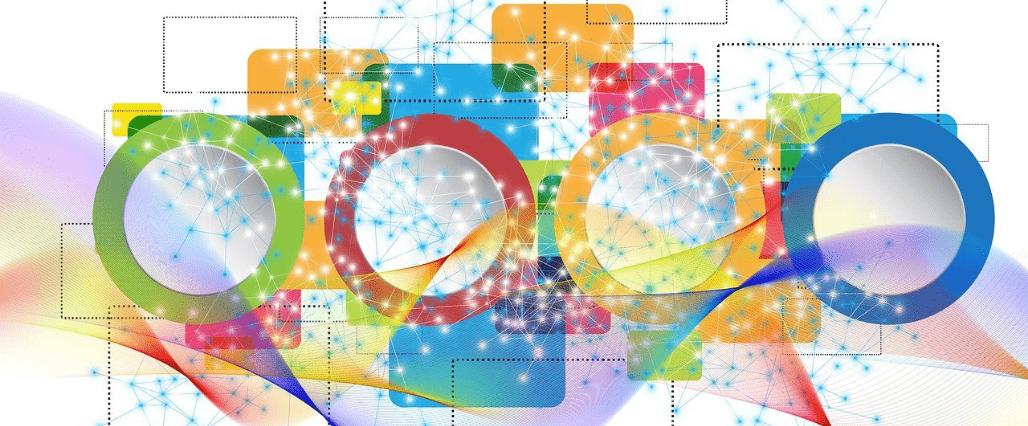
The Good Food Institute (GFI) in partnership with EarthShift Global published our first-ever ISO-certified life cycle assessment (LCA) of plant-based meat. This study provides a uniquely granular view of the environmental impacts of plant-based meat, comparing dominant inputs and processing methods and using real-world, commercial-scale data. This webinar offers exclusive insights from the report’s authors.
During the webinar, you’ll hear from:
- Nikhita Mansukhani Kogar, Ph.D., Senior Lead Plant-based Scientist, The Good Food Institute
- Priera Panescu Scott, Ph.D., Lead Plant-based Scientist, The Good Food Institute
- Joel Bonales Revuelta, M.Sc., Sustainability Analyst, EarthShift Global
About The Good Food Institute:
The Good Food Institute (GFI) is a 501(c)(3) nonprofit working internationally to make alternative proteins like plant-based and cultivated meat delicious, affordable, and accessible. GFI advances open-access research, mobilizes resources and talent, and empowers partners across the food system to create a sustainable, secure, and just protein supply.
FOOD
How AI is being applied across key sectors

Artificial intelligence is already helping New Zealand tackle climate change — but what’s working now, what’s ready to scale, and what’s emerging?
During New Zealand TechWeek, Smart Cities Council representative Mark Thomas participated in an online event exploring how AI is being applied across key sectors including agriculture, transport, energy, and the built environment to reduce emissions and build climate resilience.
The session highlighted practical use cases, explored barriers to adoption, and outlined what’s needed to accelerate impact.
Panelists include:
- Louise Aitken (Partner and Sustainability and Climate Lead, Deloitte NZ)
- Auriga Martin (CEO, Farm Focus; NZTech Sustainability Sub-board Member)
- Matt Lythe (CEO, Lynker Analytics; Managing Director, Prism; former NZ AI Forum Executive Committee member)
- Mark Thomas (Managing Director, Serviceworks; Co-Chair, NZTech Sustainability Sub-board; Regional Lead, Smart Cities Council).
FOOD
Why is food so underserved as a climate issue?

Our January Business of Alt Protein webinar featured a presentation by Henrik Bennetsen, a serial entrepreneur and co-founder of FoodxClimate, on how this neglect jeopardizes climate goals and undermines global food security, which has direct implications for national security and societal stability.




